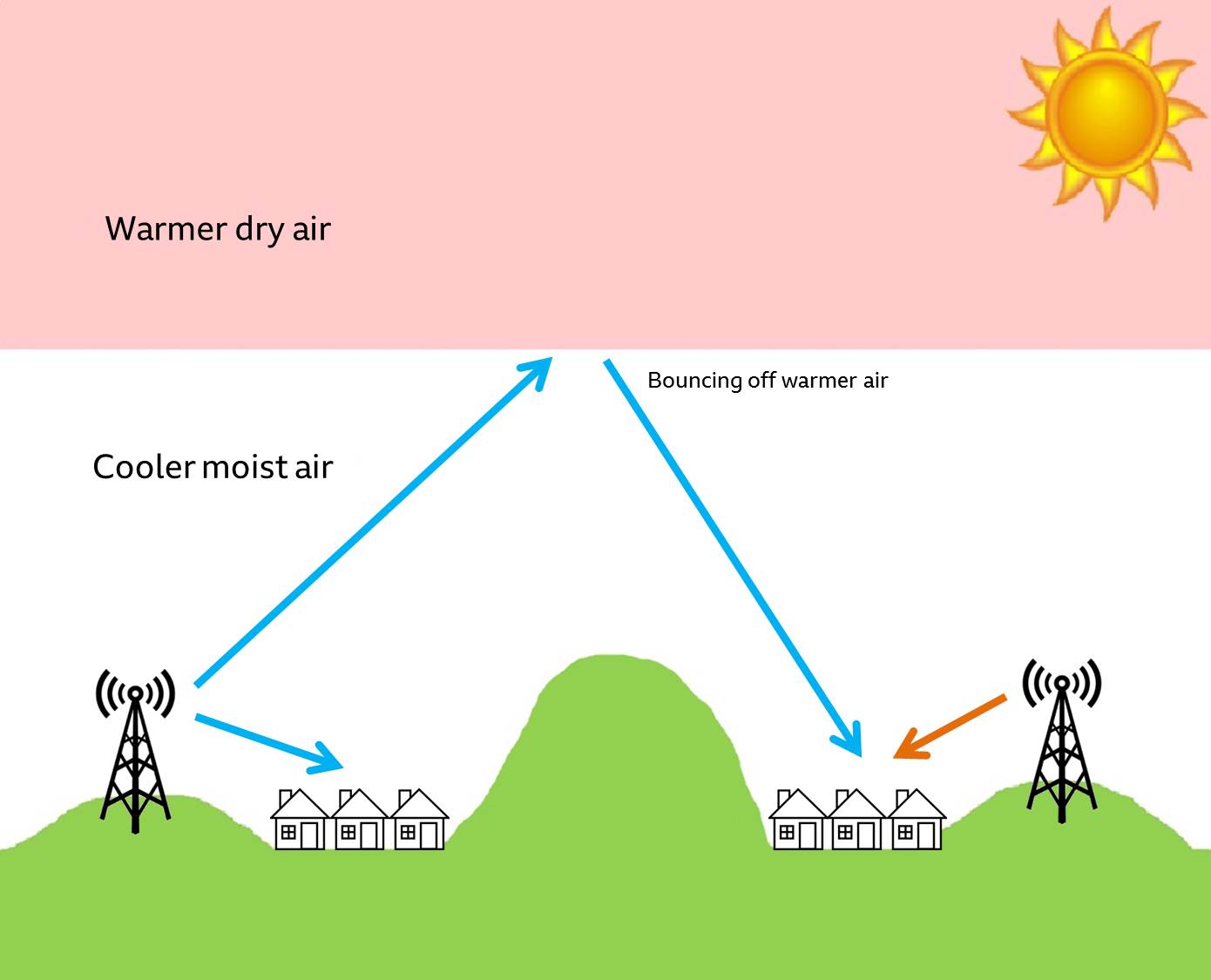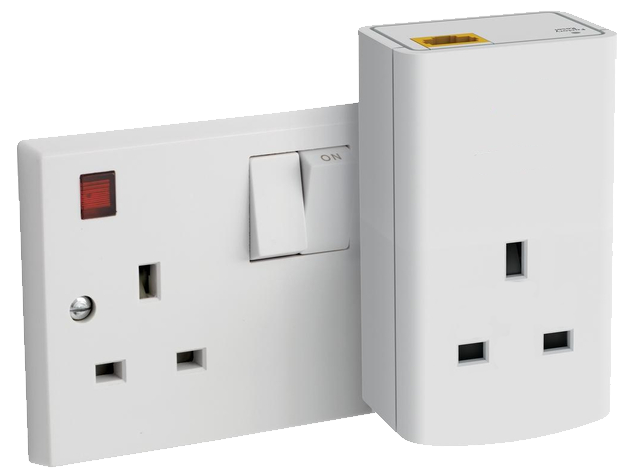Interference is often confused with a reception problem. If you’ve had the problem continuously for some time and especially if it is not affecting neighbours, it is likely to be a reception problem and not interference.
If it occurs intermittently, but reception is otherwise good and it affects your neighbours’ reception at the same time, in the same way, it’s more likely to be interference.
Interference happens when you pick up an additional unwanted signal, as well as the television or radio station you want to receive. This has the potential to disrupt the service you want. When the unwanted signal isn't there, reception is normal.
Usually, the only way to solve the problem is either to get rid of the unwanted signal or take steps to avoid picking it up. You may need outside help to do this, although certain types of interference can be caused by something in the home, or due to a problem with the installation.
The unwanted signal is often caused by a faulty electrical appliance and only occurs when the faulty equipment is being used.
Listed below is some electrical equipment with the potential to cause an unwanted signal.
- Central heating or hot water thermostat
- Washing machine, tumble dryer, fridge, freezer, vacuum cleaner, power tools, hair dryer, electrical appliances
- Faulty TV amplifiers
- Dimmer switches
- Fluorescent light starter
- LED lighting
- Computer
- Appliances using an electric motor
- Electricity supply transformers (trains)
- Overhead power cables
- Street lights
To help you find the source of your interference, we have created a problem assistant diagnostic journey which will help you determine whether the problem is due to a reception or interference problem.
It is vital you take the trouble to try to find out what could be causing the problem, otherwise, there may be little chance of finding a cure. The RTIS will investigate illegal interference, with the help of Ofcom once all other avenues have been explored and ruled out.
The use of screened TV socket wall plates and double screened coaxial cables are of particular importance in kitchens and areas where there are lots of electrical sources, as they help to prevent unwanted signals entering into the system.

